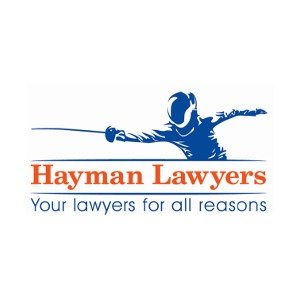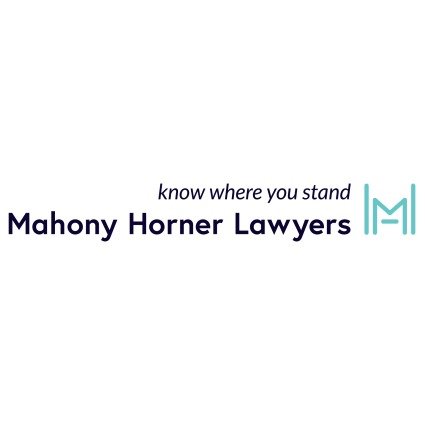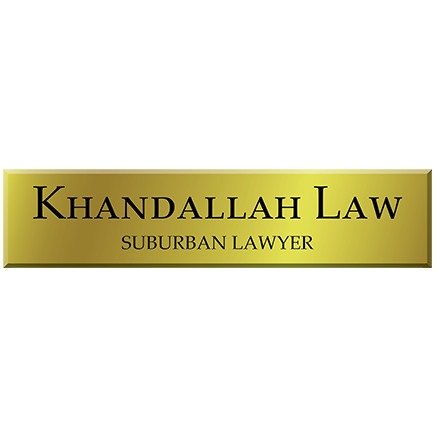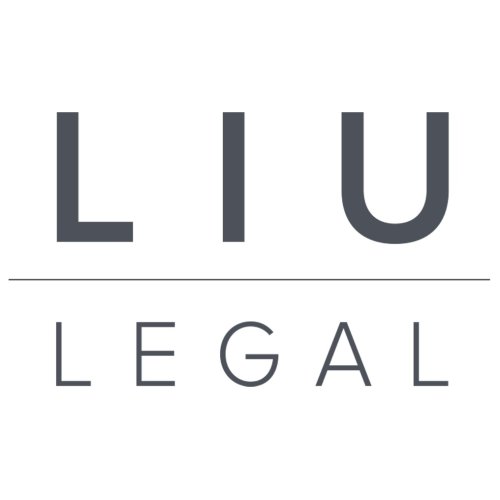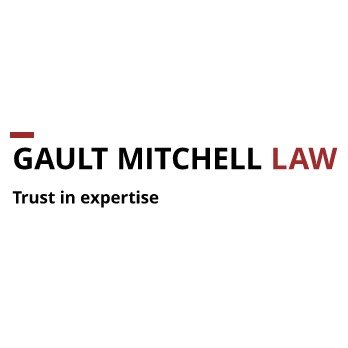Best Conveyancing Lawyers in Wellington
Share your needs with us, get contacted by law firms.
Free. Takes 2 min.
Free Guide to Hiring a Real Estate Lawyer
List of the best lawyers in Wellington, New Zealand
About Conveyancing Law in Wellington, New Zealand
Conveyancing is the legal process of transferring property ownership from one party to another. In Wellington, New Zealand, this involves a series of steps to ensure that the sale and purchase of a home or land are carried out smoothly and lawfully. The process covers the preparation and review of legal documents, conducting property searches, settling financial transactions, and registering the new ownership with Land Information New Zealand (LINZ). Engaging a qualified conveyancing lawyer ensures compliance with all relevant laws and protects your interests throughout the property transaction.
Why You May Need a Lawyer
There are several situations where engaging a conveyancing lawyer in Wellington is essential. Buying or selling residential or commercial property, subdividing land, refinancing your mortgage, or transferring property as part of a relationship property agreement are common scenarios that require legal guidance. A lawyer can help you understand the terms of Sale and Purchase Agreements, ensure that titles are clear of encumbrances, and avoid common pitfalls such as unpaid rates, unresolved building consents, or undisclosed property defects. Legal expertise ensures your transaction is completed legally and efficiently, minimizing risks and stress.
Local Laws Overview
Conveyancing in Wellington is governed by a combination of national and local regulations. Key legislation includes the Land Transfer Act 2017, the Property Law Act 2007, and the Sale and Purchase of Property Agreements. Local Wellington City Council rules regarding zoning, building permits, and land use also have a significant impact on conveyancing transactions. Lawyers must check for compliance with any local bylaws, existing covenants, easements, or restrictions registered on the property title. The anti-money laundering requirements under the Anti-Money Laundering and Countering Financing of Terrorism Act 2009 (AML/CFT Act) also apply, requiring verification of identities for all parties involved.
Frequently Asked Questions
What is conveyancing and why is it important?
Conveyancing is the legal process that ensures property ownership is lawfully transferred and recorded. It protects buyers and sellers by making sure the legal and financial aspects of the transaction are handled correctly.
Can I do conveyancing myself or do I need a lawyer?
While it is technically possible to do your own conveyancing, it is strongly recommended to use a qualified lawyer. Conveyancing involves complex legal requirements that, if not handled properly, can have costly consequences.
How long does the conveyancing process take in Wellington?
Typically, conveyancing takes between four to six weeks from when the Sale and Purchase Agreement is signed until settlement. However, this can vary depending on the transaction's complexity.
What searches and checks are done by conveyancers?
Your lawyer will conduct title searches, check for outstanding rates, investigate land use and zoning, ensure compliance with council regulations, and verify that all consents and permits are in place.
What are LIM and title reports?
A Land Information Memorandum (LIM) is a report from the local council detailing property-specific information. A title report provides information about the legal ownership and any limitations on the property, such as encumbrances or easements.
What are common issues that can delay settlement?
Delays can be caused by unresolved conditions in the Agreement for Sale and Purchase, property defects, failure to secure finance, legal disputes over title, or incomplete documentation.
Do buyers and sellers need different lawyers?
Yes, it is standard practice for buyers and sellers to have different lawyers to avoid conflicts of interest and to ensure independent advice for both parties.
How are funds transferred during settlement?
On the day of settlement, the buyer’s lawyer transfers the required funds to the seller’s lawyer’s trust account. Once money is received and the transfer is confirmed, the new title is registered with LINZ.
What legal fees and other costs should I expect?
Legal fees can vary but typically range from $1,000 to $2,000 plus GST and disbursements. You should also budget for LIM reports, council fees, property inspections, and government registration charges.
What protections do I have if something goes wrong post-settlement?
Your lawyer will ensure appropriate contract clauses and warranties are in place to protect you. If issues arise, you may have recourse under the Sale and Purchase Agreement, or you can seek legal action for breach of contract or misrepresentation.
Additional Resources
You may find the following resources helpful for further information about conveyancing in Wellington:
- Land Information New Zealand (LINZ) - Provides information on property titles and land transfers.
- New Zealand Law Society - Offers guidance on choosing a lawyer and understanding legal processes.
- Wellington City Council - Source for LIMs, property zoning, and building consent information.
- Citizens Advice Bureau - Offers free information and support on legal topics including conveyancing.
Next Steps
If you require legal assistance with a property transaction in Wellington, begin by gathering all relevant documents such as agreement for sale and purchase, property titles, and any council reports. Contact a local conveyancing lawyer as early in the process as possible to discuss your circumstances. A consultation will help clarify your options, costs, and the steps involved. Be prepared to verify your identity and provide information required under anti-money laundering rules. With a trusted legal advisor, you can proceed confidently through your conveyancing process, ensuring your interests are fully protected.
Lawzana helps you find the best lawyers and law firms in Wellington through a curated and pre-screened list of qualified legal professionals. Our platform offers rankings and detailed profiles of attorneys and law firms, allowing you to compare based on practice areas, including Conveyancing, experience, and client feedback.
Each profile includes a description of the firm's areas of practice, client reviews, team members and partners, year of establishment, spoken languages, office locations, contact information, social media presence, and any published articles or resources. Most firms on our platform speak English and are experienced in both local and international legal matters.
Get a quote from top-rated law firms in Wellington, New Zealand — quickly, securely, and without unnecessary hassle.
Disclaimer:
The information provided on this page is for general informational purposes only and does not constitute legal advice. While we strive to ensure the accuracy and relevance of the content, legal information may change over time, and interpretations of the law can vary. You should always consult with a qualified legal professional for advice specific to your situation.
We disclaim all liability for actions taken or not taken based on the content of this page. If you believe any information is incorrect or outdated, please contact us, and we will review and update it where appropriate.





